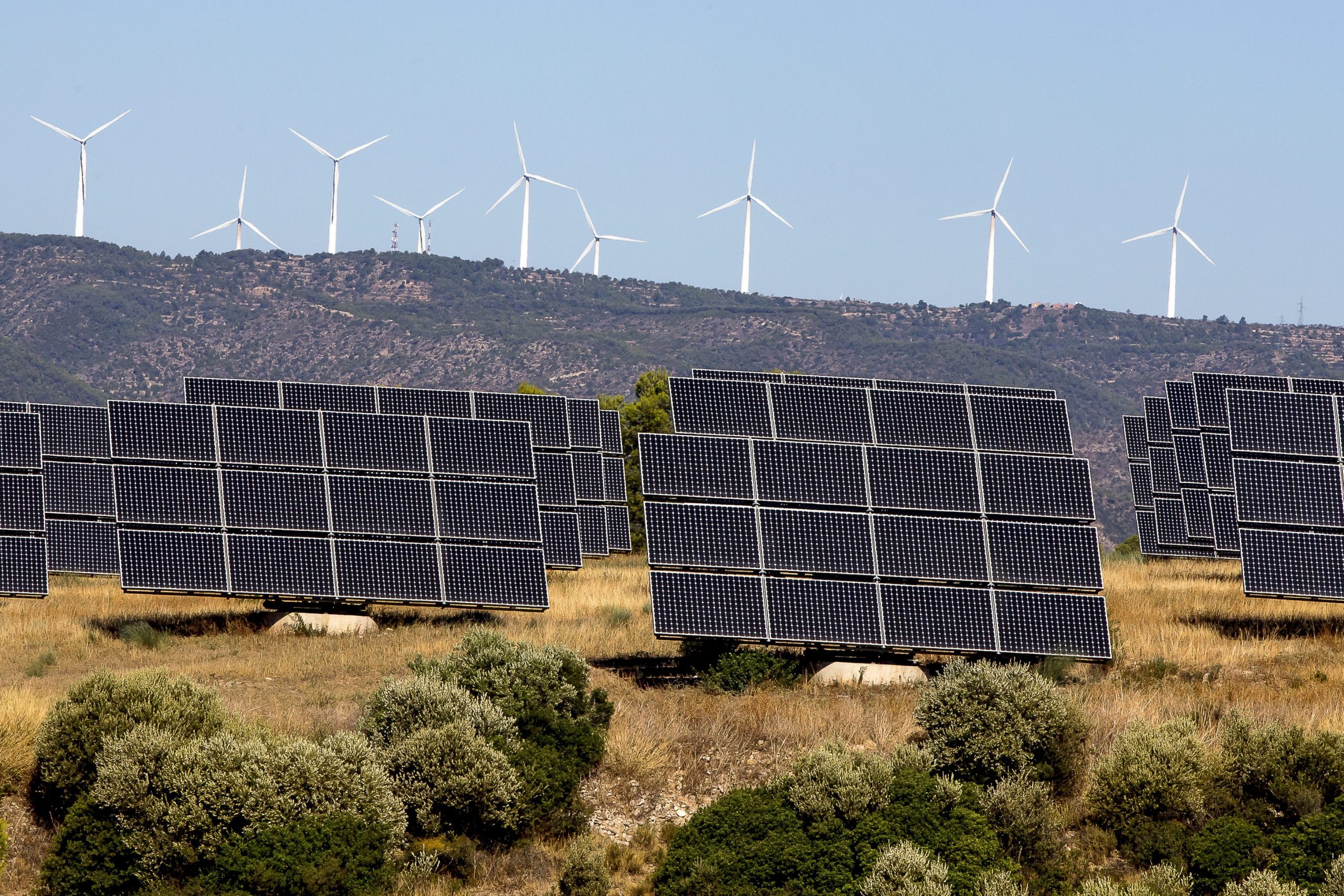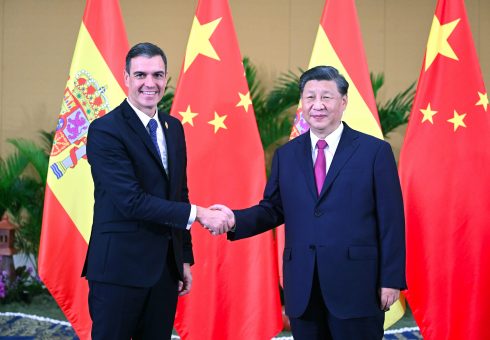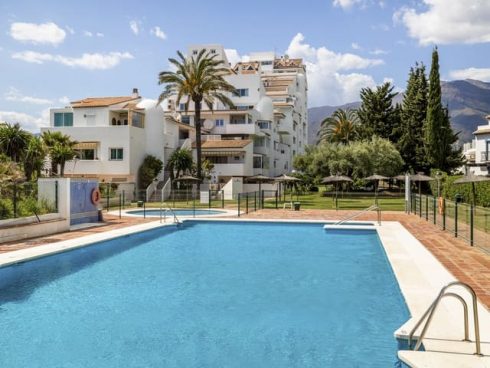IT was described as ‘the first and only solar extracting and pumping station in Europe’ and, from the moment it was operational, it was a game-changer.
In 2016 the small pueblo of Godelleta, 40 km west of Valencia, was selected as the trial site for an innovative sun-powered system to pump up and distribute water for irrigation. The local agricultural community witnessed some remarkable improvements.
Water was used more efficiently, the citrus, olive, and vineyard yields improved and job opportunities increased as a result. The pump systems were able to operate at night and on cloudy days, and, by reducing their reliance on non-renewable energy sources, carbon emissions were reduced.
It was a win-win scenario . . . until now.
The dynamics of a solar extraction and pumping system are both pioneering and simple. Photovoltaic panels convert sunlight into electricity. The electricity powers a control panel and water pump, sunk in the primary water source (which could be anything from a river, tank or reservoir, to a well or other underground source).
Water is transported along a ditch or pipe, or, in Godelleta’s case, an ancient system of acequias (canals).
The delivery is preset depending on irrigation requirements – it might be drip method, full flow or half flow, for example. A timer, and water pressure, level and volume, can also be preset. The system can store solar energy and function at night or on cloudy days.
Godelleta is perched on the flat table of land above the citrus farms surrounding the city of Valencia, and below the olive groves and vineyards on the higher land to the west towards Cuenca. The town’s farmers are able to produce the crops grown in both areas (oranges comprise 40% of the total, grapes another 40%, the rest dominated by olives and persimmon), and the solar extraction system has been able to handle the varying irrigation requirements. For the most part the community has been happy with it, and proud to be a living, breathing example of sustainability and environmental responsibility.

However, last month plans were announced for expanding the project. The company intends to increase the number of solar panels tenfold to 91,000. Around 10 times the amount of land currently used for agriculture would be swallowed up, and a labyrinth of pipes installed underground to transport water.
Furthermore, excess electricity produced by the massive solar fields would go to a substation serving other municipalities. The massive size of the project would change the official classification of the project from ‘community scale’, designed to irrigate local crops, to a ‘utility scale’, supplying electricity to the grid.
A series of public meetings regarding this megaproject of additional solar fields has just begun and people have been expressing their concerns. They talk about being ‘buried’ under ‘a sea’ of new panels, and worry about the possible ‘expropriation’ of 375 plots used for agriculture. One person commented, ‘for centuries our economics was based on agriculture, and to lose that would be to lose another piece of dignity’. A local columnist said it best: ‘For centuries Arab acequias have been the tiers of cultivation that have fed our children with the fruits of the land and with our breath poured in’.
The discussion around the arrival of massive solar farms and the ‘industrialisation’ of the countryside is not unique to Godelleta. Some 1.2 million (yes, million!) hectares are currently being developed as solar farms across Andalucia, while in Teruel in Aragon, it is estimated that 10% of the entire province could be covered by renewable energy projects by 2030.
Although the example of Godelleta is a sample size of only one, the sentiments expressed by the local community tell the larger story of the unintended consequences endemic in the march towards clean energy.
Stay tuned.
READ MORE:
- Fugitive known as ‘Requena Rambo’ refuses to testify as trial opens in Spain’s Teruel
- How Henry VIII gambled away the crown to a cheeky Spaniard
- Anarchy, Andalucia and free women: How women in Spain plotted to bring down the patriarchy








